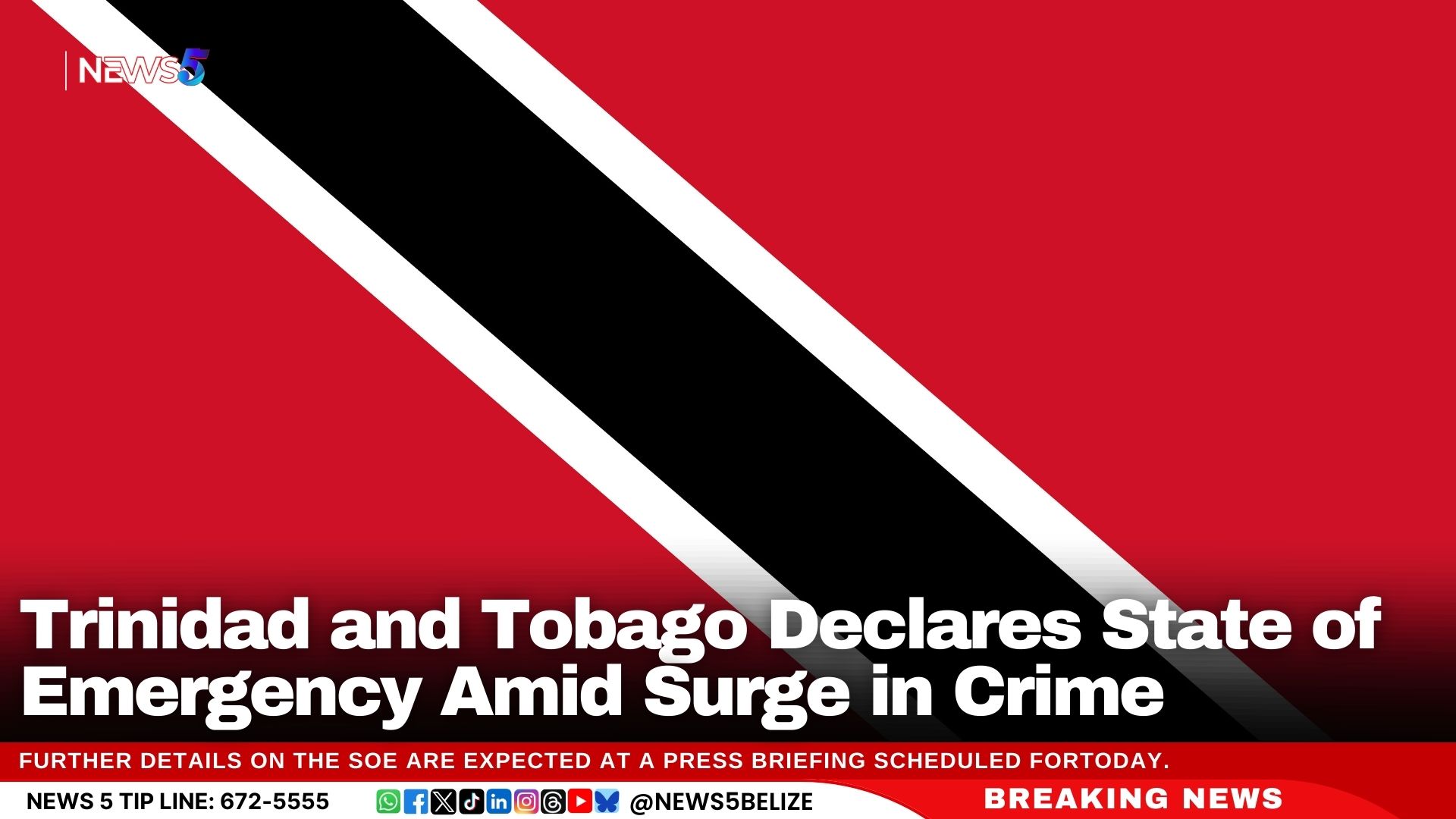The Economic Commission for Latin America and the Caribbean (ECLAC) has released its “Preliminary Overview of the Economies of Latin America and the Caribbean 2024,” providing a comprehensive analysis of the region’s economic performance and projections. The report highlights the persistent challenges and emerging opportunities as the region navigates a complex global economic landscape.
Global Economic Context: In 2024 and 2025, global economic growth is expected to stabilise at around 3.2%, driven primarily by emerging economies. The United States, accounting for 25% of global GDP, is projected to grow by 2.8% in 2024 and 2.2% in 2025, supported by robust consumption and a strong labour market. The eurozone, however, faces slower growth, with Germany experiencing economic stagnation due to declines in key industrial sectors.
Regional Economic Performance: Latin America and the Caribbean are projected to grow by 2.2% in 2024 and 2.4% in 2025. Despite these figures being above the decade’s average growth rate of 1%, they remain insufficient to close the gap with developed economies. The region’s economic activity is increasingly dependent on private consumption, with growth in gross fixed capital formation and net exports remaining weak.
Monetary and Fiscal Policies: The world’s major central banks have expanded liquidity, ending the tight monetary policy cycle of 2022. This has led to increased global liquidity and lower interest rates, benefiting developed economies more than developing ones. In Latin America and the Caribbean, falling inflation and rate cuts in the United States have prompted looser monetary policies. However, the region’s fiscal space remains limited, with rising public debt and interest payments constraining public spending.
Labour Market Trends: The region’s labour markets show modest improvements despite continued low job creation. Employment growth is projected at 1.7% in 2024, with the unemployment rate expected to decline slightly to 6.1%. Informal employment remains high, though it has decreased marginally. Real wages have increased in most countries, driven by falling inflation and nominal wage adjustments.
Inflation and Exchange Rates: Inflation in the region has been steadily declining, from 8.2% in 2022 to a projected 3.4% in 2024. This decline is attributed to falling international food and energy prices and restrictive monetary policies. However, inflation remains above pre-pandemic levels, and exchange rate volatility continues to pose challenges.
External Sector and Debt Issuance: The region’s balance of payments is projected to record a deficit of 1.2% of GDP in 2024, driven by higher interest payments abroad. While foreign direct investment (FDI) inflows have increased, the net transfer of resources abroad remains a concern. Debt issuance on international markets has risen, with thematic bonds gaining popularity as a financing tool.
Challenges and Policy Recommendations: ECLAC emphasises the need for comprehensive policies to overcome the region’s low capacity for growth. This includes mobilising financial resources, strengthening public finances, and implementing productive development policies. Key areas of focus include environmental sustainability, science and technology, digitalisation, and investment in infrastructure.
